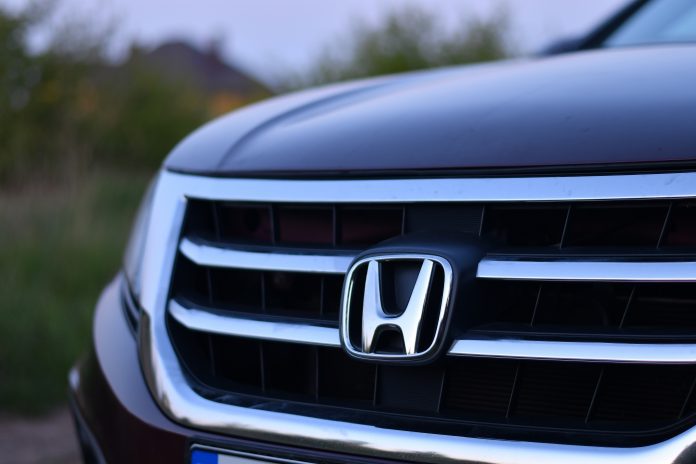Honda is accelerating its electric vehicle (EV) development with the development of groundbreaking solid-state batteries. The automaker aims to revolutionize EV technology with next-generation batteries that promise enhanced safety, cost efficiency, and longevity.
Solid-state battery production will begin in January 2025 at Honda’s new demonstration plant in Sakura, Japan. This state-of-the-art facility, for which the automaker has invested $278.8 million, is designed to develop scalable and cost-effective processes for solid-state battery production. The goal is to enhance Honda’s capacity for future mass production and lower the costs of these advanced batteries, paving the way for widespread adoption in the EV market.
According to Honda, solid-state batteries will be a game changer in the EV era. In these batteries, ceramic-like electrolytes replace the liquid or gel electrolytes, resulting in a battery that’s lighter in weight and more durable.
These new-generation batteries have distinct advantages over lithium-ion batteries, such as higher energy density, faster charging, and safety. Due to their compact size and lightweight, they’re ideal for larger SUVs, pickup trucks, and sports cars.
Honda’s commitment to entirely phasing out internal combustion engines by 2040 is a testament to its environmental responsibility. By 2030, the company aims to have seven profitable EVs in its portfolio, marking a significant shift towards sustainable mobility.
Honda’s significant investment in solid-state batteries is a clear demonstration of its dedication to shaping the future of EVs. With plans to cut costs, enhance performance, and expand applications, the automaker is not just adapting to the electrified automotive landscape, but leading the transition.



